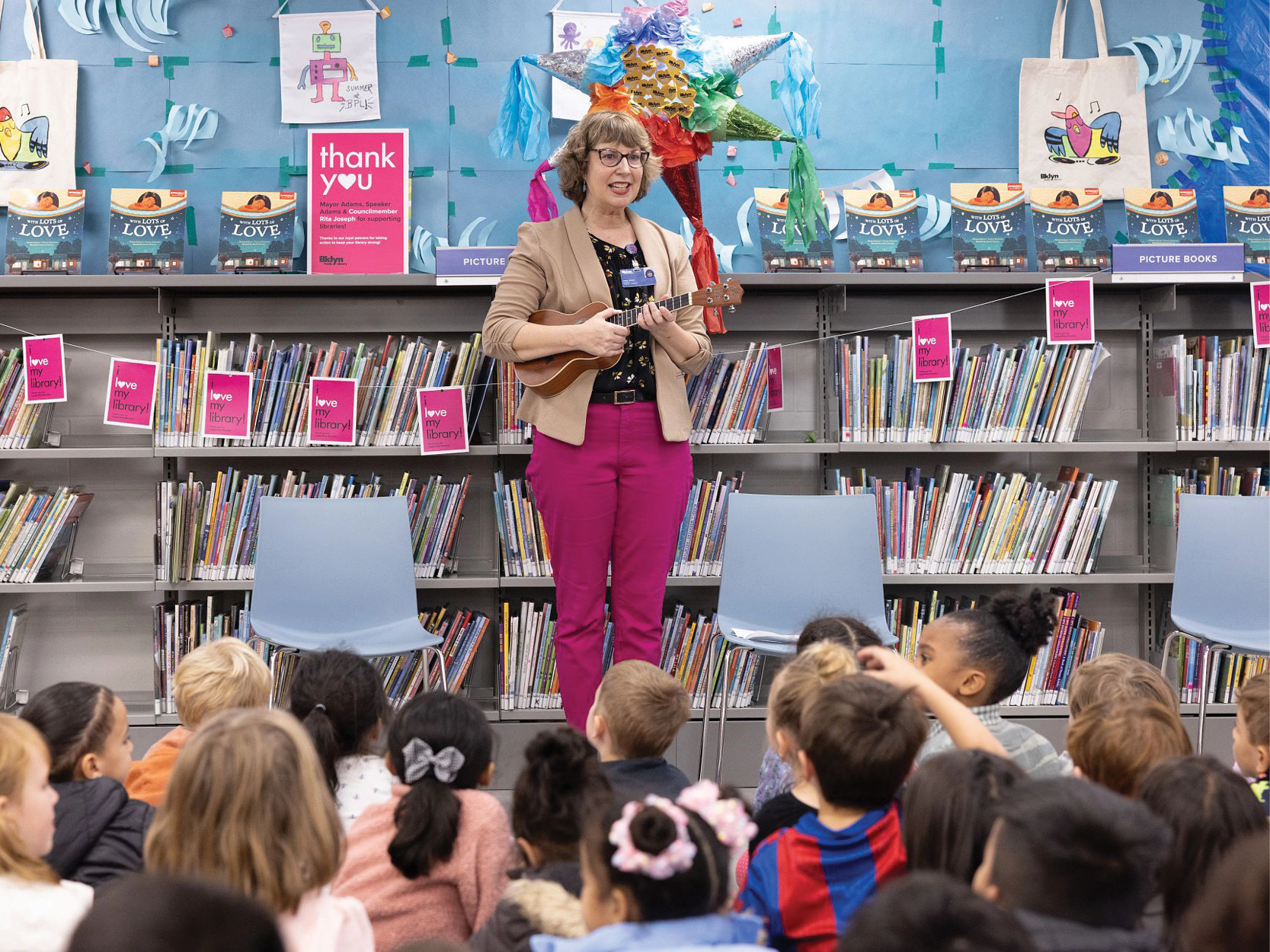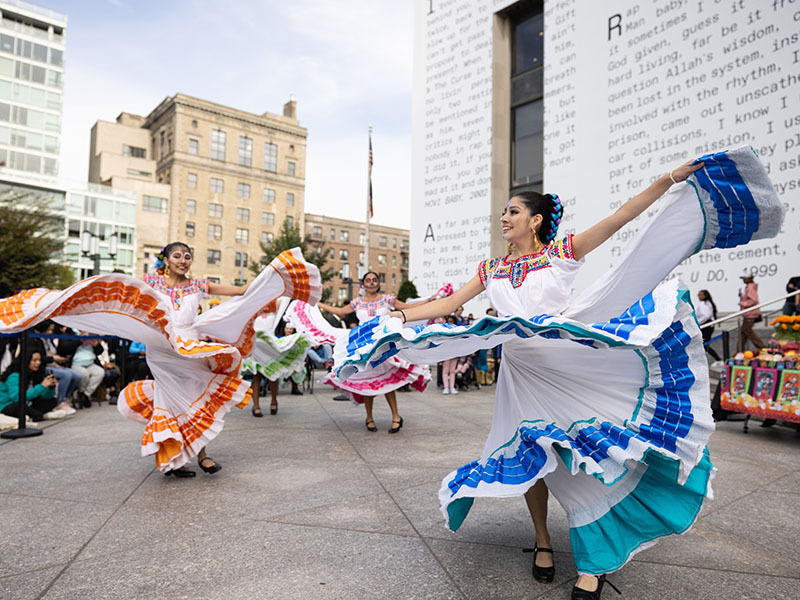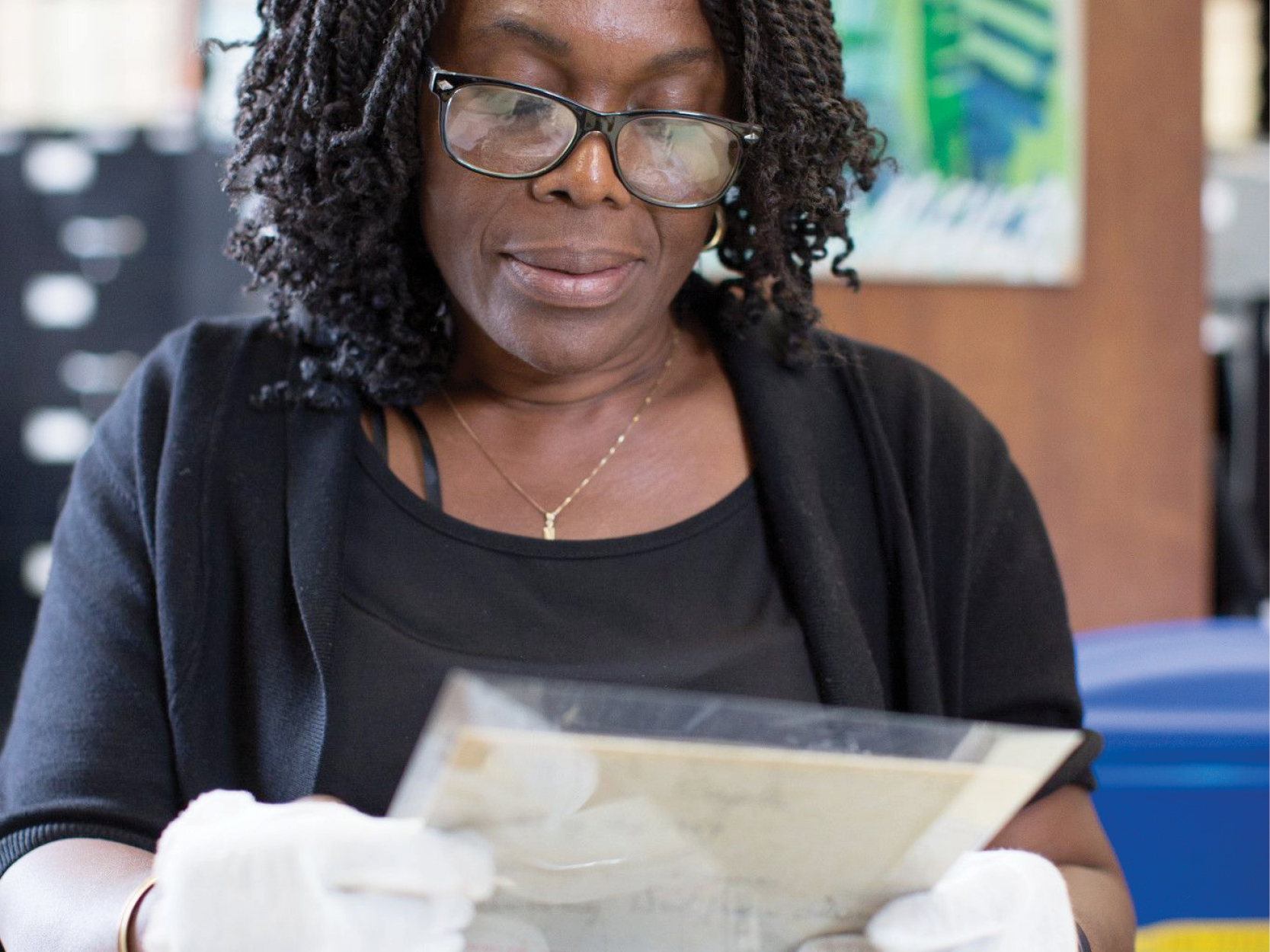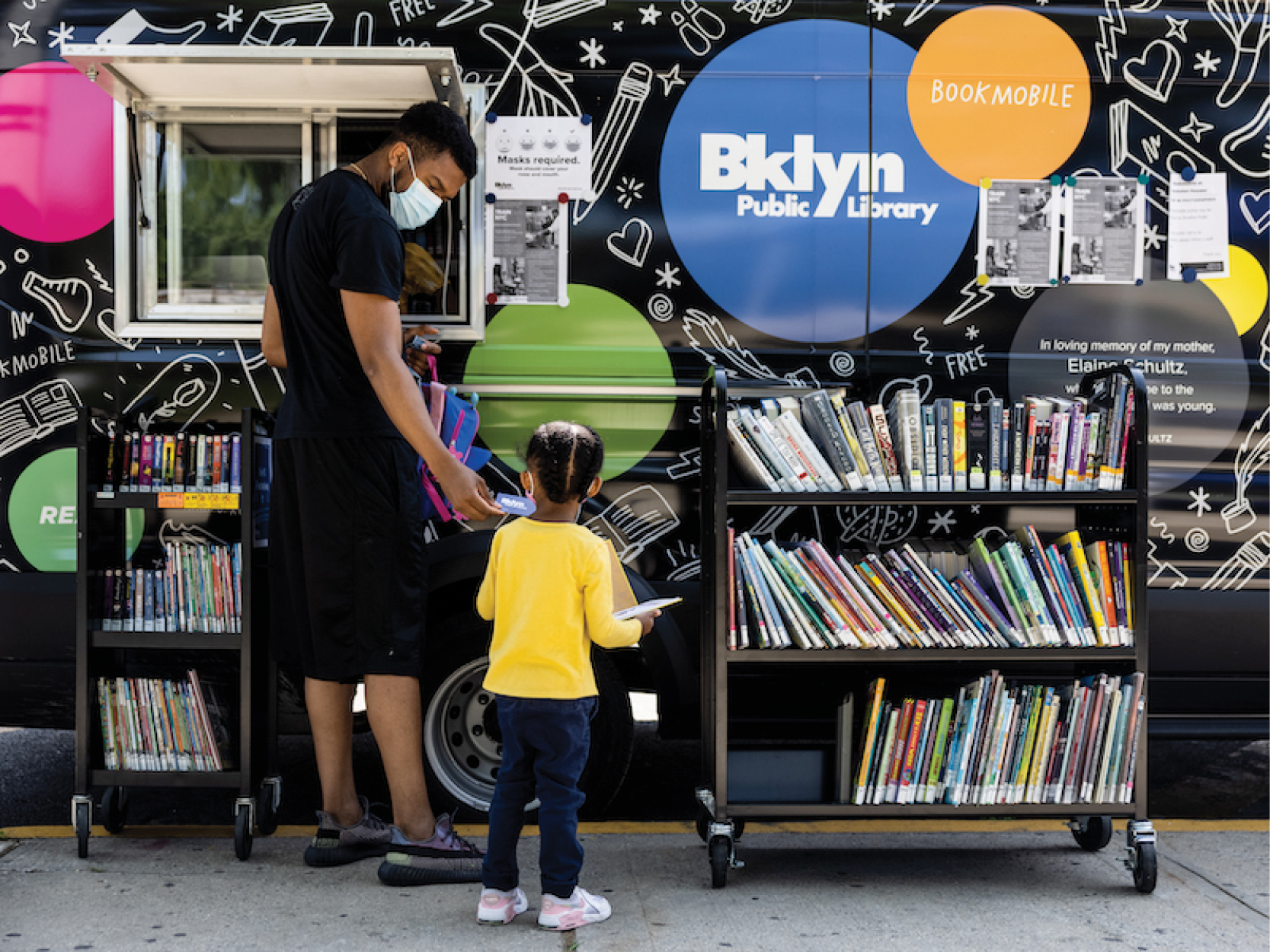Late last year, I had the pleasure of watching the documentary, Rehearsal for a Sicilian Tragedy at BAM, which was shown as part of the "Puppets on Film" festival. The film followed actor and Brooklynite John Turturro as he visited his ancestral homeland of Sicily to study the traditions of Sicilian puppetry with puppeteer Mimmo Cuticchio. It was an interesting film that included great scenes of a master "puppa" at work.
I found the art of Sicilian puppetry, or Opera dei Pupi, fascinating. The art form, passed down from generation to generation within families, was once a critical component of Sicilian culture. The puppets can weigh up to 100-pounds and require extensive training in both manipulation and voice projection. The plays, which combine to tell a single story over the course of 10-13 months of performances, are based on Sicilian lore from the era of Charlemagne and have remained unchanged over the centuries.
Given that Turturro was raised in Brooklyn by immigrant parents, the documentary touched upon the great waves of emigration from Sicily to America, and its impact on the cultures and customs of people on both sides of the Atlantic. But, much to my frustration, the film never specifically addressed whether the tradition of Opera dei Pupi made it to America.
From prior research for a school lesson, I knew that the 1912 atlas identifies an "Italian Theater" in the heart of "Brooklyn's Little Italy" on Union Street between Columbia and Van Brunt. What, I wondered, were the chances that Opera dei Pupi was practiced here?

The 1912 Directory had a listing for the Regina Margarita theater at 55 Union Street. The address was right, but there was still no hint as to the theater's format. Then, with the 1900 Directory, I found my answer:

From here, I took a step back and consulted Cezar Del Valle's The Brookyln Theatre Index. I learned that there was not one, but three, Italian marionette theatres on Union Street in the 19th and early 20th centuries:
35 Union Street - Teatrino Marinette - 1886
52-55 Union Street - Royal Italian - 1898 to 1912
101-103 Union Street - Italian Star Theatre - 1896 to 1930s
I searched through the Eagle and discovered that its reporters were as enthralled with these theaters as I am:
Several articles described and celebrated the tradition, which was a significant part of Brooklyn's growing Italian community. These illustrations, in particular, capture the artists and audience mid-performance:



Just as I was about to declare my research complete, I decided to take one last look through the catalog to see if we had anything else on Italian marionettes. I was shocked to discover that the Brooklyn Collection owns a copy of a 16mm film entitled It's One Family, Knock on Wood, which tells the story of the Matteo family of New York, who practiced Sicilian Puppetry from the 1920s to the late 1990s:

The filmmaker, Tony DeNonno, studied under the Matteos and continues to speak on the art form. And the family's puppets, which date from the 1920s, are now in the collection of the Italian American Museum in Manhattan's Little Italy. The 20-minute documentary, which was made in 1982 and aired on PBS, has been transferred onto DVD and can be viewed here in the collection. It's a perfect complement to the film I viewed at BAM.
Sadly, despite the efforts of filmmakers and historians to bring attention to Sicilian puppetry, the art form appears to be dying. The Matteo family no longer practices in the city, and, according to Rehearsal for a Sicilian Tragedy, there are even few performances available in Sicily itself. Mimmo is one of the few great masters of puppetry still living, and he is often travelling the world presenting his art form outside of his homeland. Although apprentices and students study his technique, it is unclear what will happen to the tradition when he retires... making the films and materials in the Brookyln Collection and other repositories all the more important.
This blog post reflects the opinions of the author and does not necessarily represent the views of Brooklyn Public Library.
Post a Comment
While BPL encourages an open forum, posts and comments are moderated by library staff. BPL reserves the right, within its sole discretion, not to post and to remove submissions or comments that are unlawful or violate this policy. While comments will not be edited by BPL personnel, a comment may be deleted if it violates our comment policy.
eNews Signup
Get the latest updates from BPL and be the first to know about new programs, author talks, exciting events and opportunities to support your local library.








